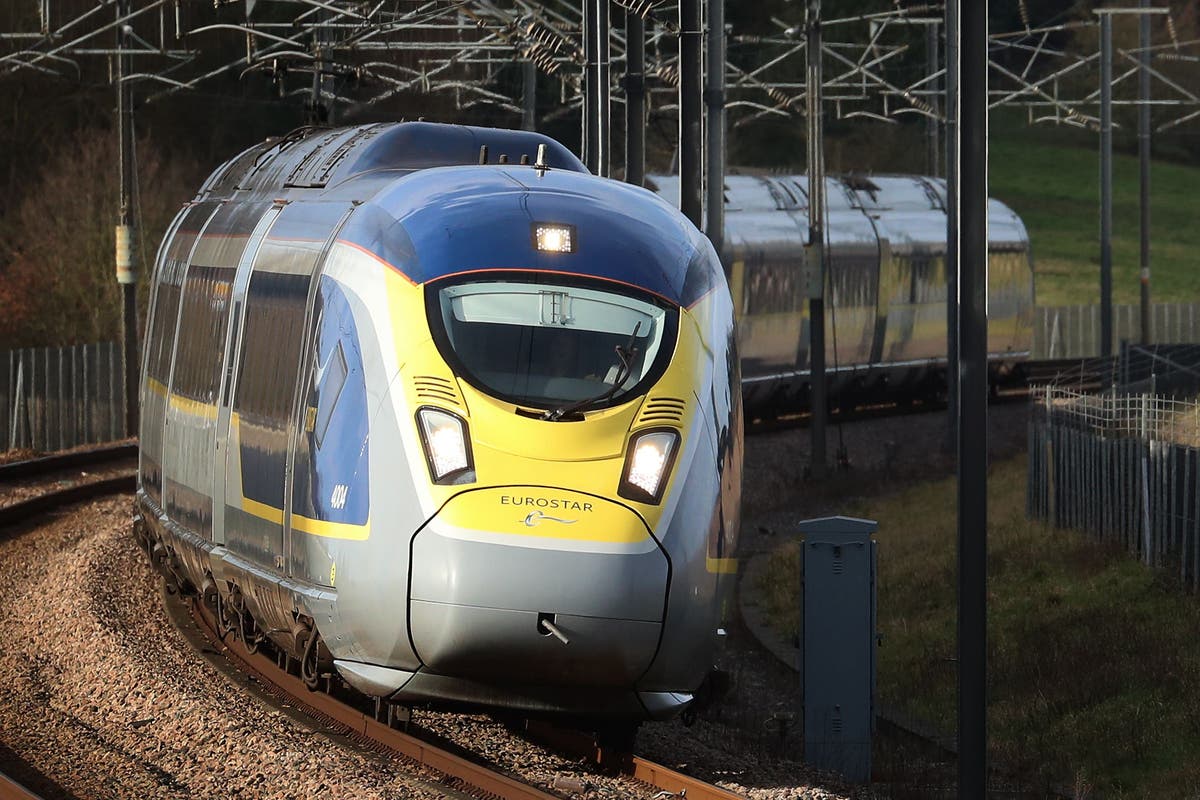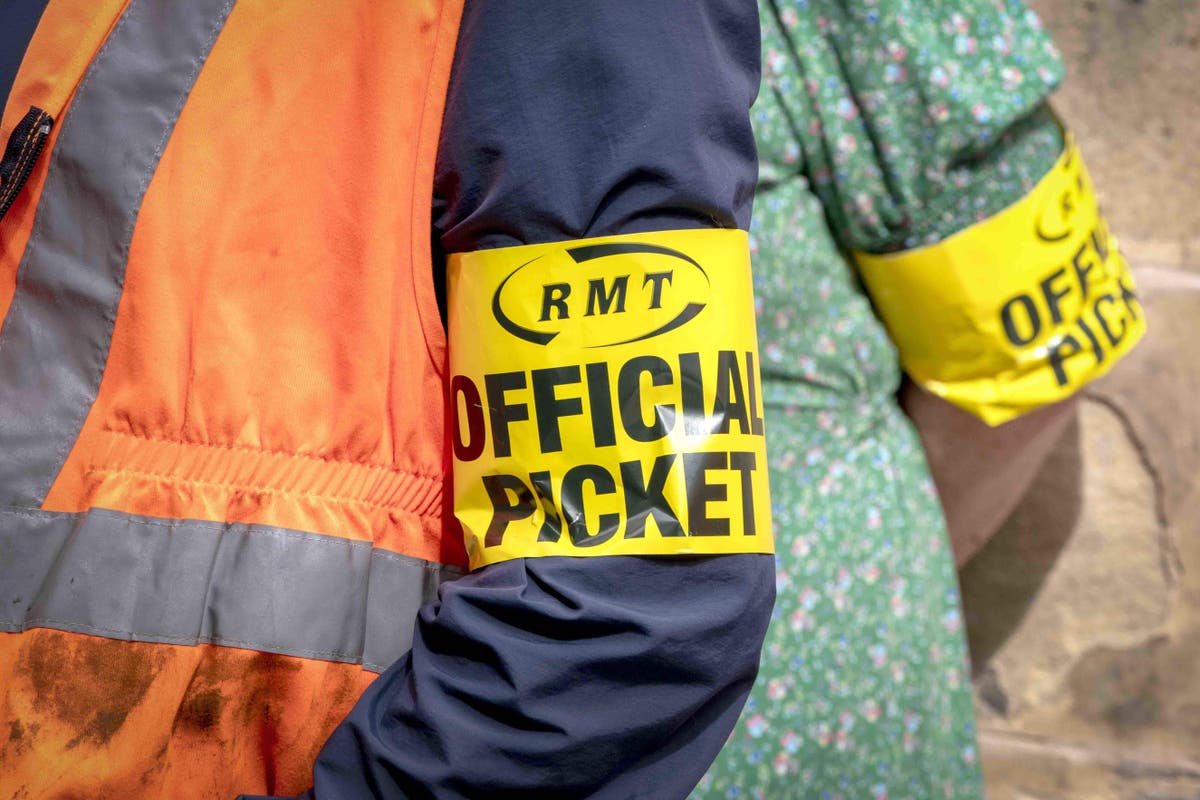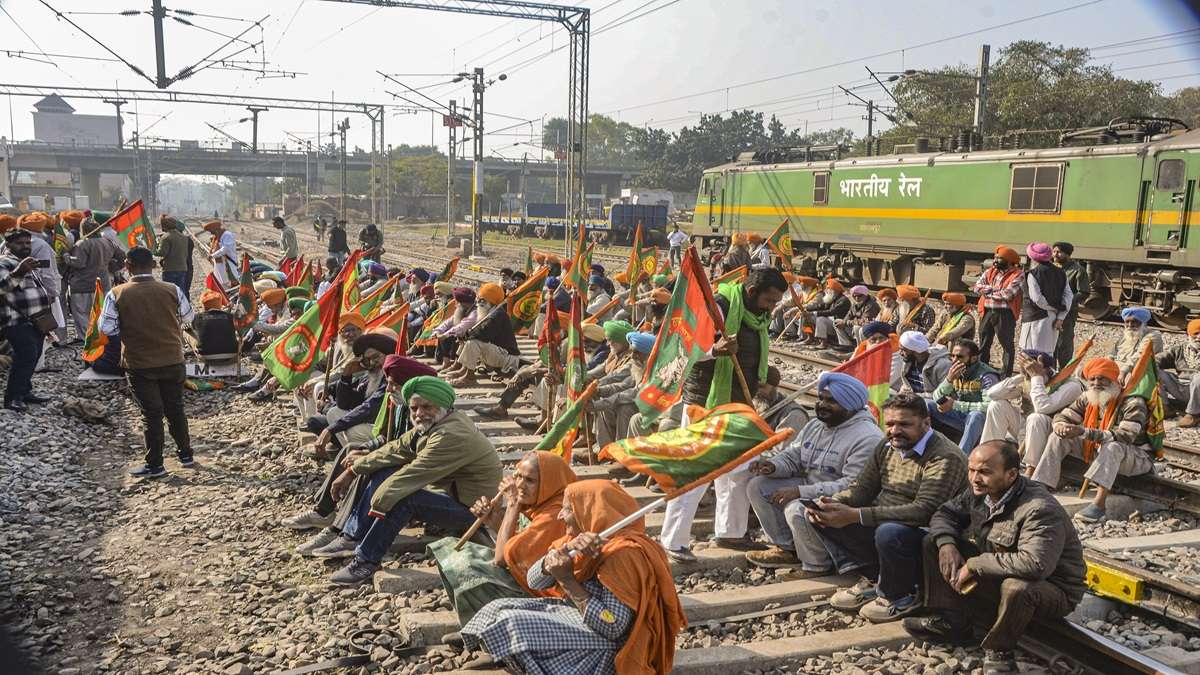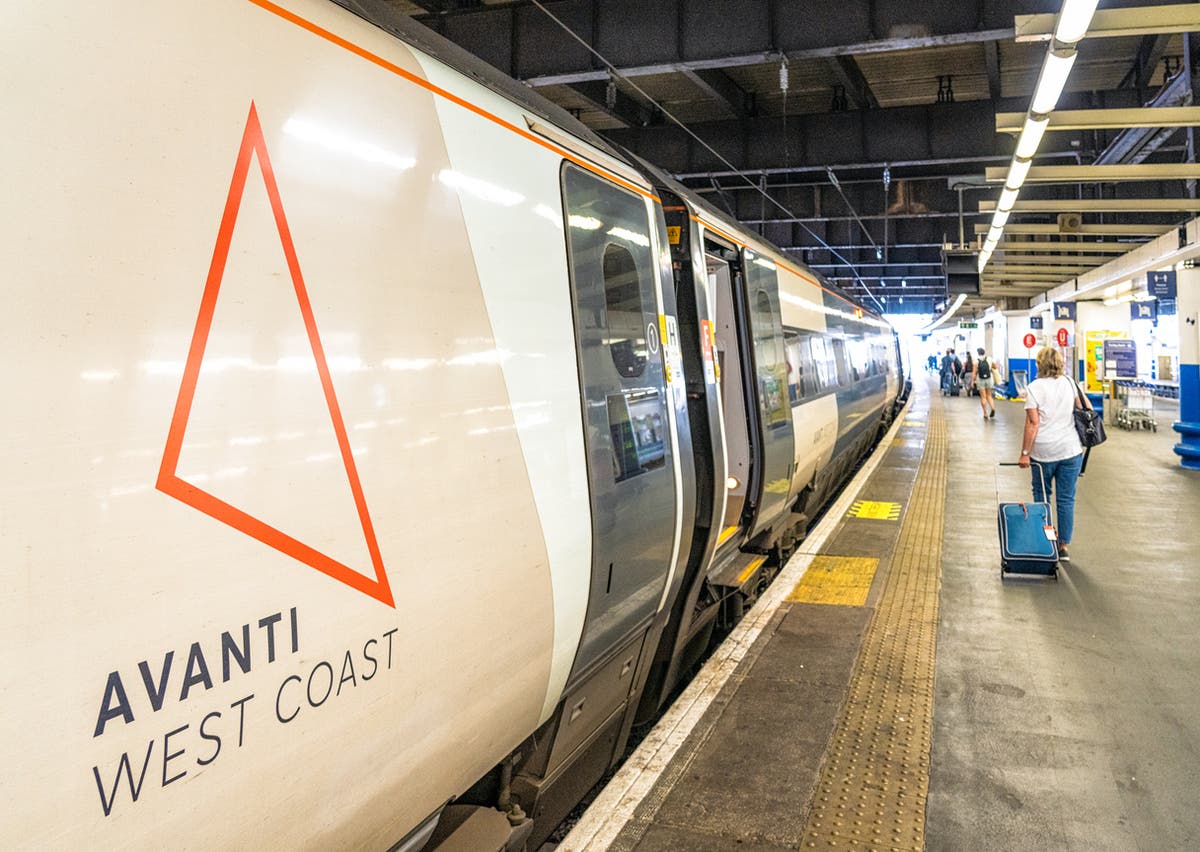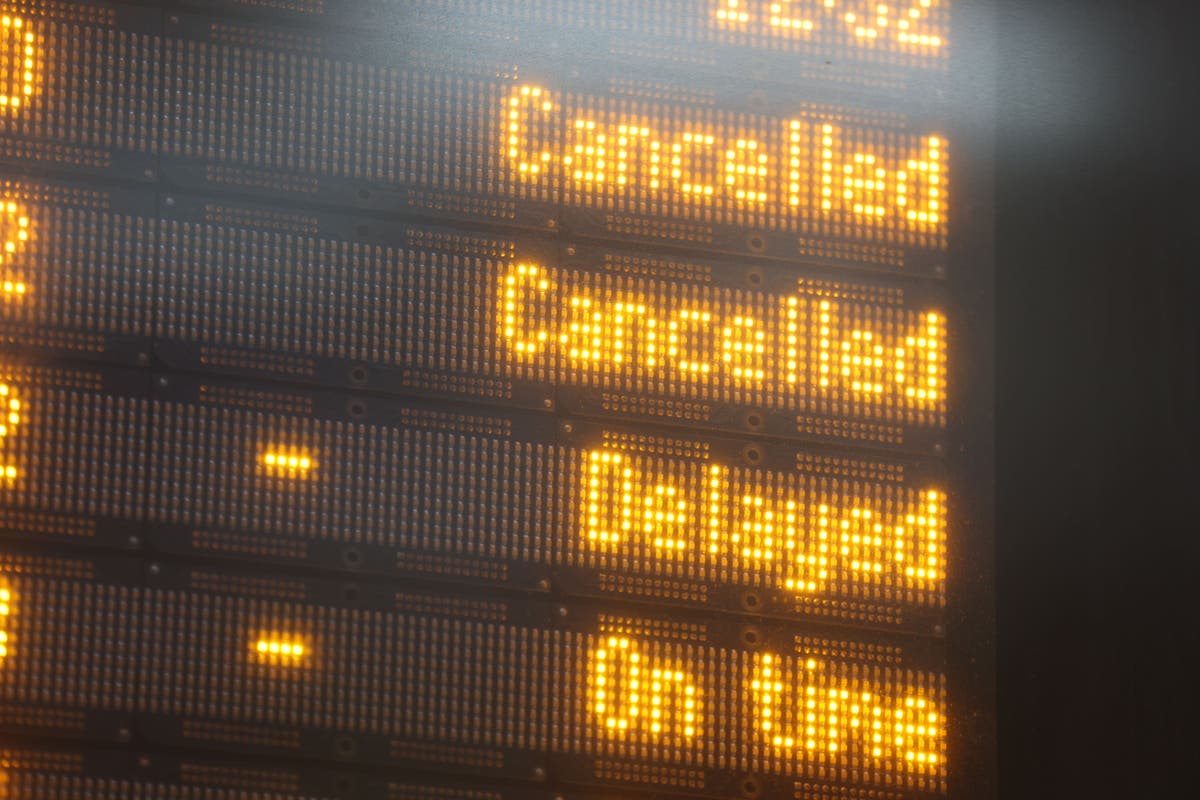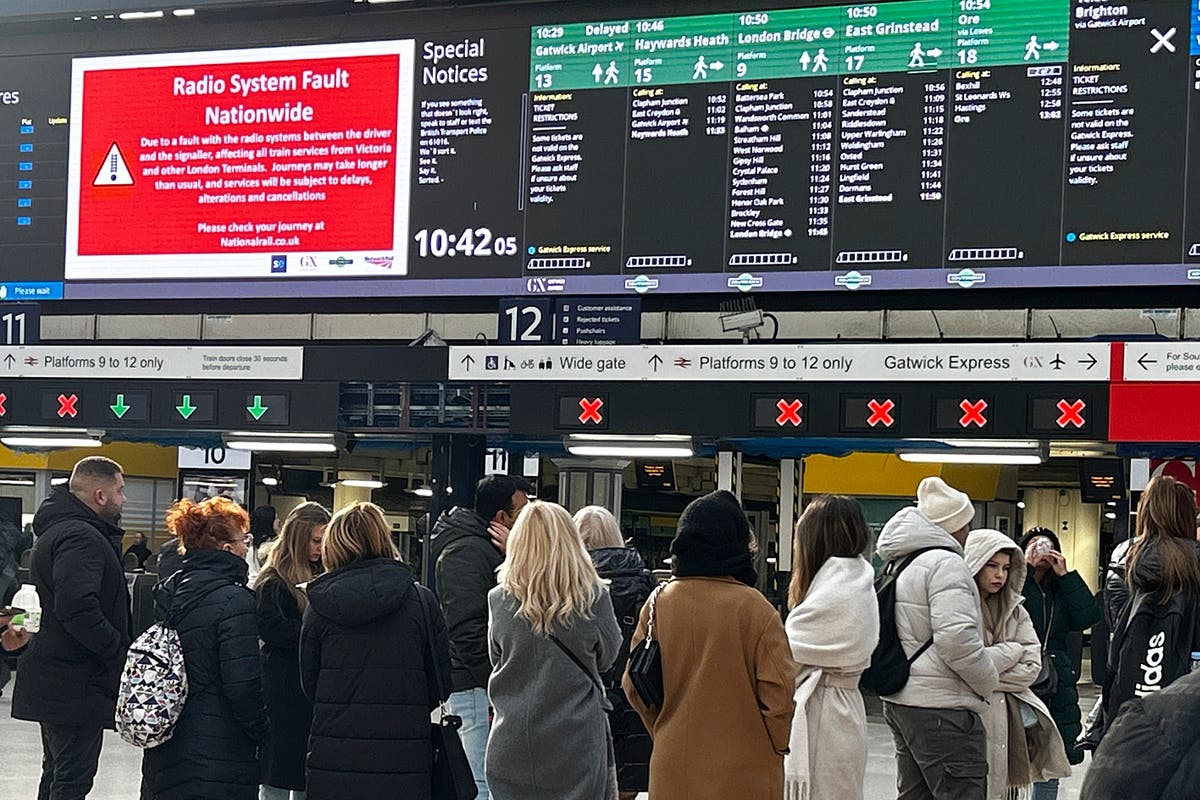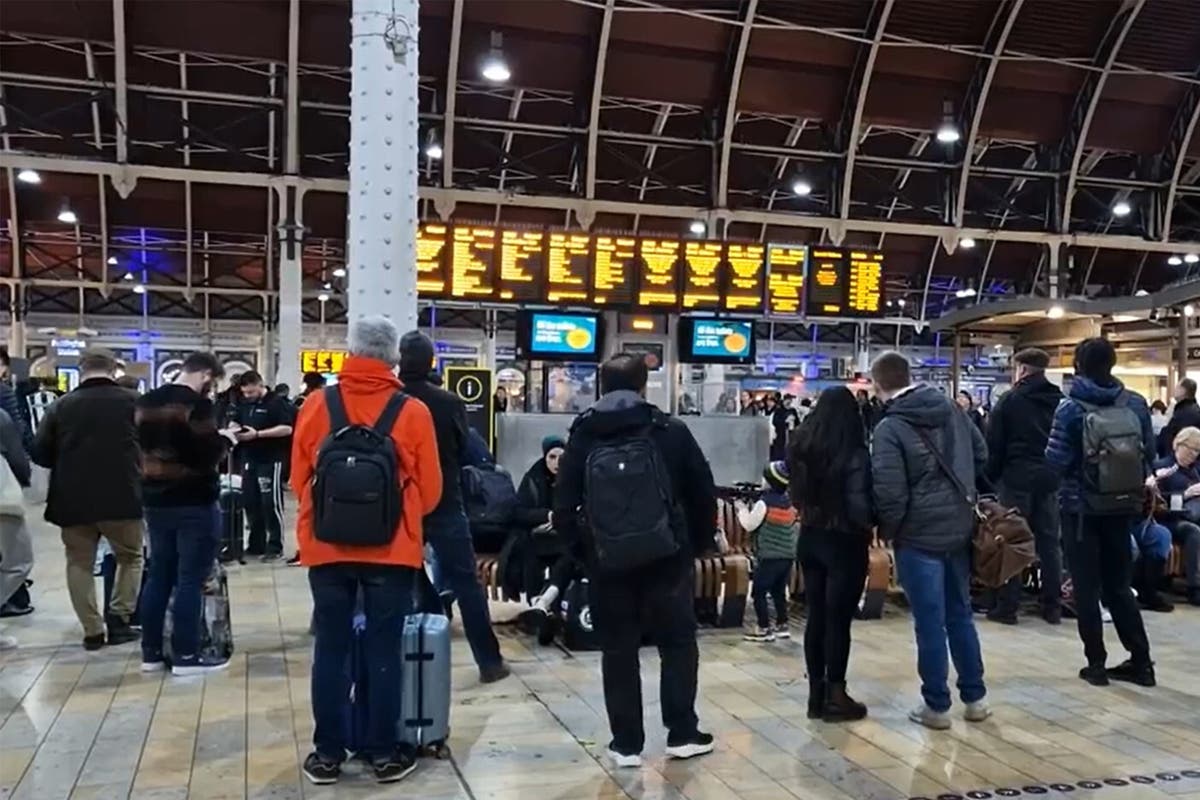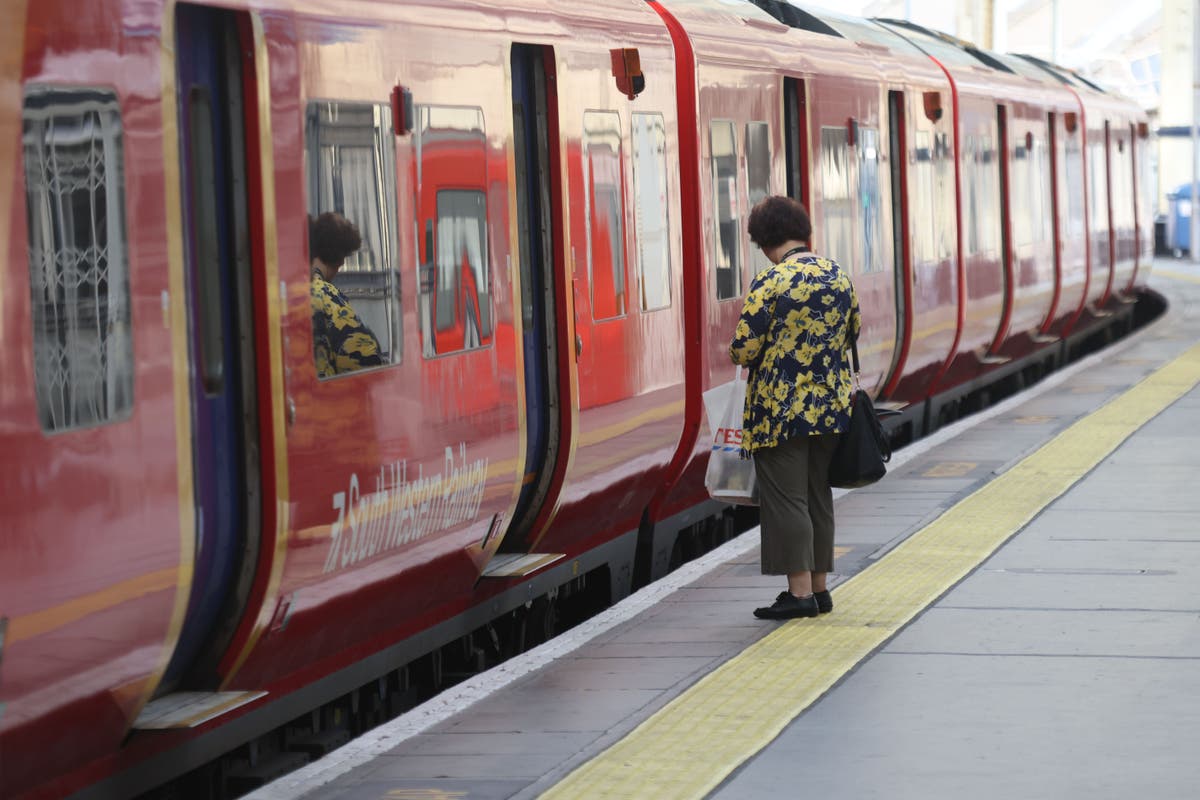
'Potentially dangerous disruption': Passengers endured 'appalling services' during rail timetable chaos, MPs' scathing report finds
The IndependentSign up to Simon Calder’s free travel email for expert advice and money-saving discounts Get Simon Calder’s Travel email Get Simon Calder’s Travel email SIGN UP I would like to be emailed about offers, events and updates from The Independent. Read our privacy policy “Around a fifth of rail passengers have suffered appalling services and been very badly let down by the whole system” – so says the Transport Select Committee in its scathing report on the botched introduction of new timetables in May. The report says the system for “delay repay” refunds should be made much easier to obtain: “The government must now set a measurable target for implementation of ‘one click’ automated compensation schemes on commuter rail routes.” A DfT spokesperson said: “We have already worked with the industry to deliver special compensation schemes on Northern, TransPennine Express and GTR, which provides the equivalent of up to 8 per cent of the cost of an annual season ticket for those most severely impacted. Next week we will begin to introduce 200 mainly off-peak services to complete the phased roll-out of the May weekday timetable, bringing the total number of daily weekday services to 3,600.” Robert Nisbet, regional director at the Rail Delivery Group, which represents Network Rail and the train operators, said: “We are learning the lessons from the unacceptable disruption in May and this report will be an important contribution. “While we are truly sorry for what happened this summer, our ambition remains to deliver thousands of new trains and extra services, improving journeys for customers and helping grow the economy.” The most damning sentence in the report concludes: “Far from marking the intended substantial improvement for rail passengers across the north and in London and the south of England, the 20 May national rail timetable change and the weeks that followed will live long in the memories of a large proportion of rail users as a prolonged period of intensely inconvenient, costly and, on occasions, potentially dangerous disruption.”
History of this topic

More disruption threatened in fresh rail dispute
The Independent
Rail misery on three key intercity lines over bank holiday weekend in England and Wales
The Independent
Rail passengers face further travel chaos over weekend
The Independent
’All I want to do is get on my train, drink my Thatchers and be happy’ – rail chaos fury
The Independent
Rail passengers hit by disruption on last weekend before Christmas
The Independent
Fear of more train chaos in North when timetables change
The Independent
Majority of trains run by northern operators are delayed
The Independent
Northern business leaders warn minister over ‘crisis on our rail network’
The Independent
Rail passengers face fresh disruption as drivers and other workers take action
The Independent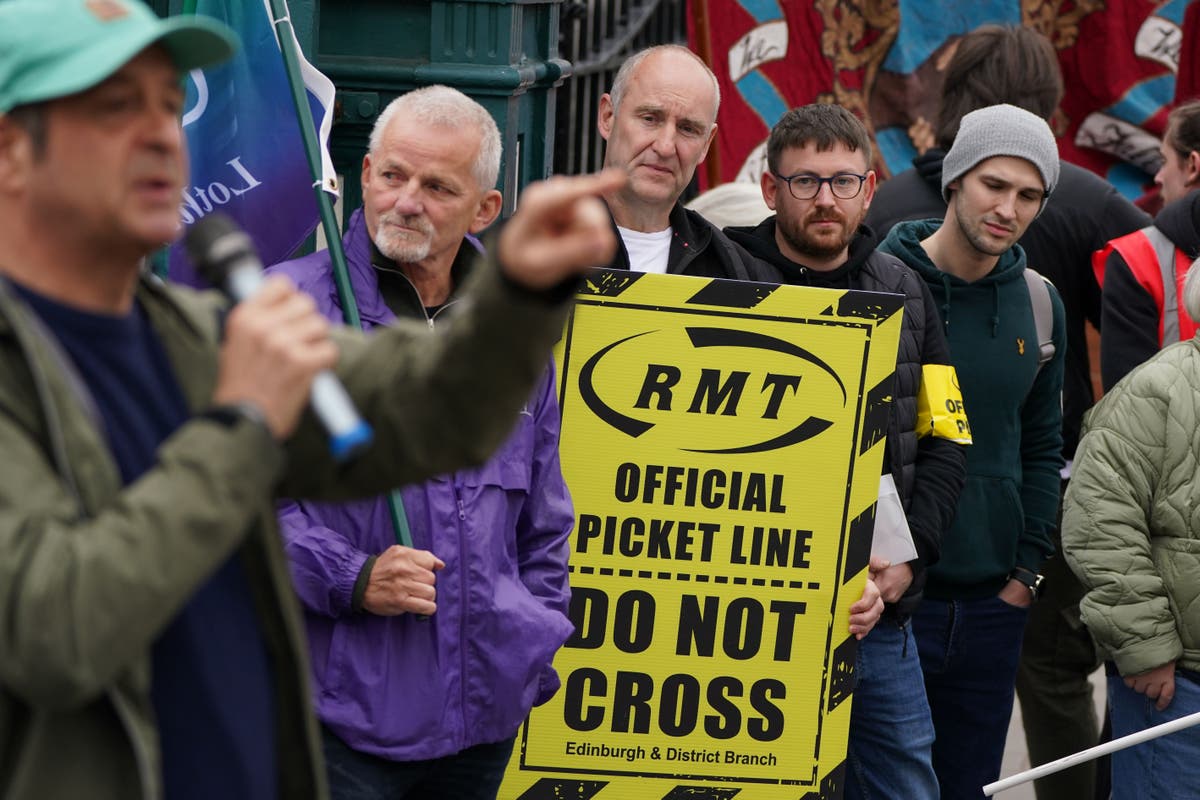
Worst rail disruption of year as train workers walk out in pay dispute
The Independent
Rail chaos as train companies warn against travel on key August dates
The Independent
Passengers warned over fresh rail strikes on Wednesday
The Independent
New rail strike alert over fears of weekend travel chaos
The Independent
Emergency plans to stop food crisis as biggest rail strike in modern British history looms
The Telegraph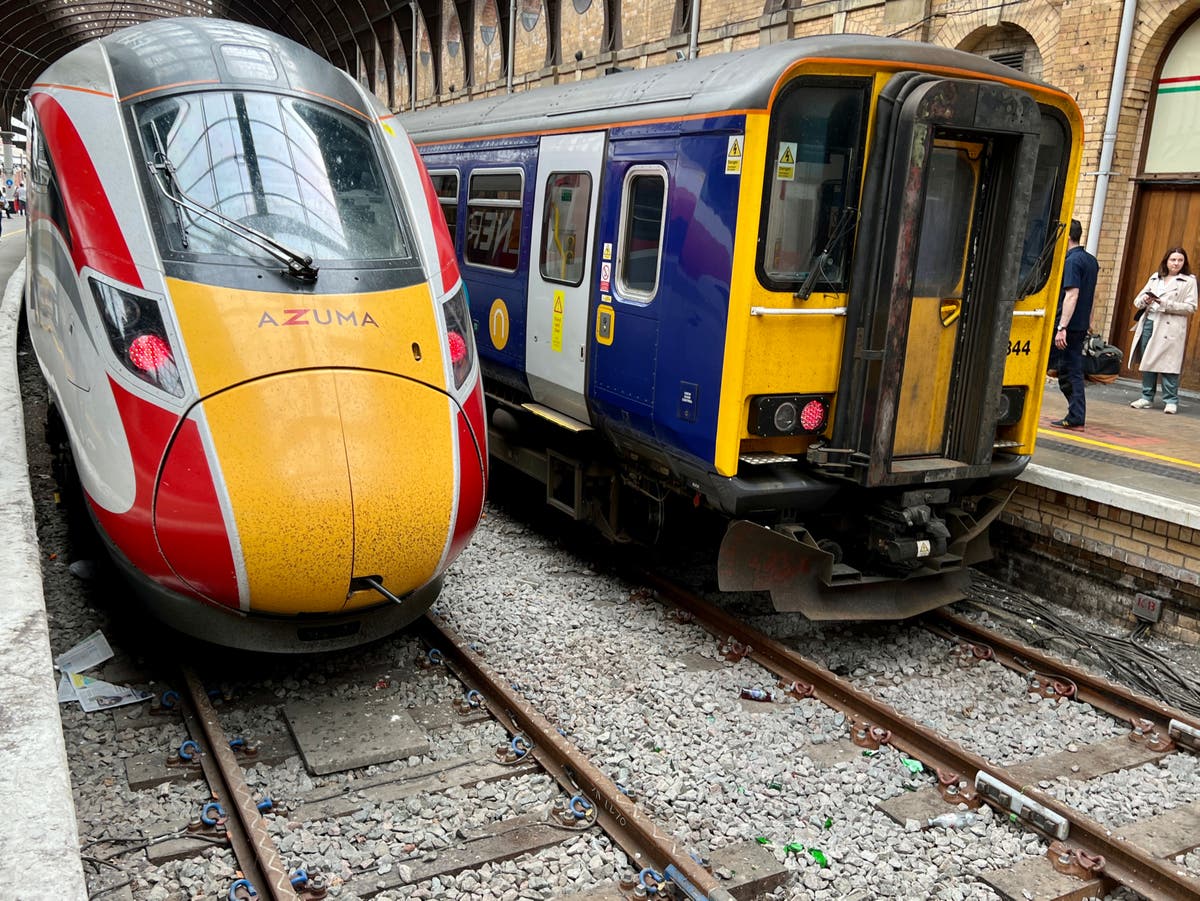
Major changes to the UK’s rail timetables come into effect on Sunday
The Independent
When will rail passengers get a return to normal service?
The Independent
Rail passengers face severe New Year travel disruption
The Independent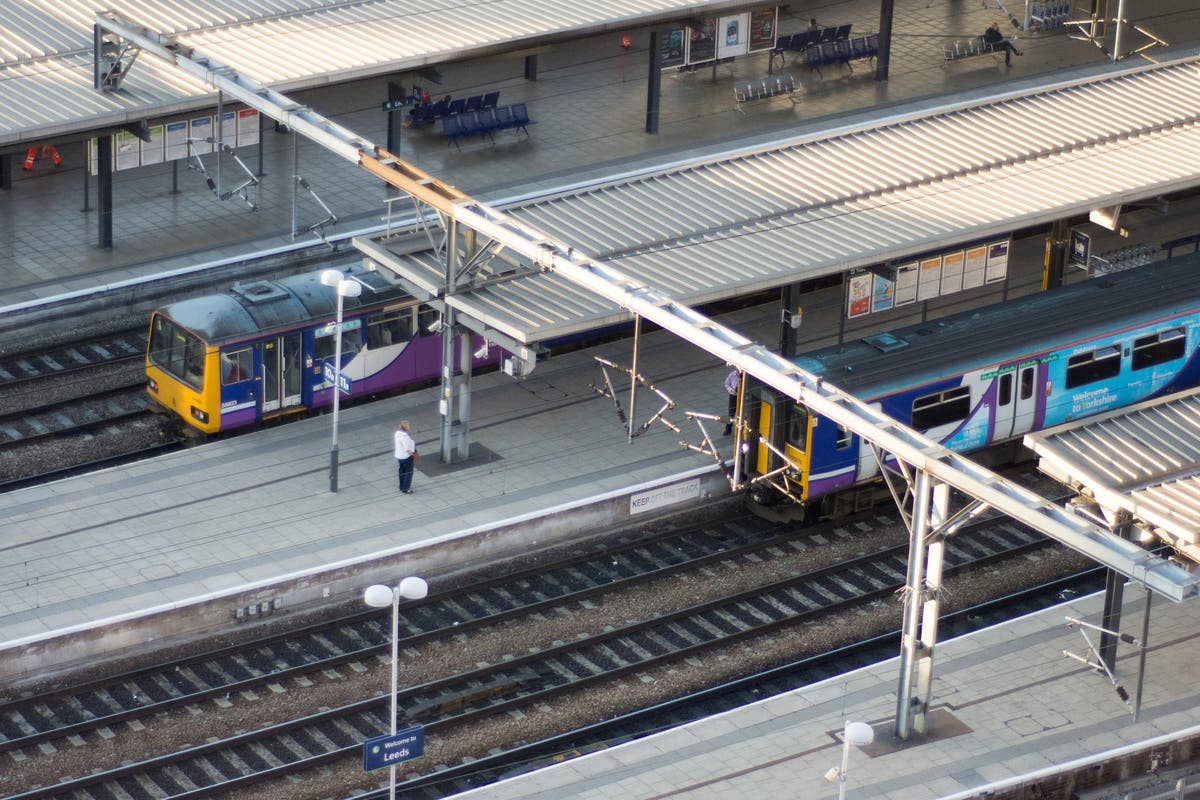
Network Rail investigated for poor performance in northern England
The Independent
'Broken' railway system to be reviewed following series of crises
The Independent
Rail strikes: Timetable changes across Northern and South Western leave commuters frustrated
The Independent
Govia Thameslink and Northern Rail abandon timetable changes following travel chaos
The IndependentDiscover Related



